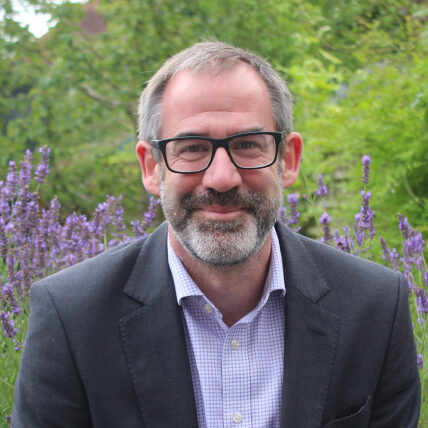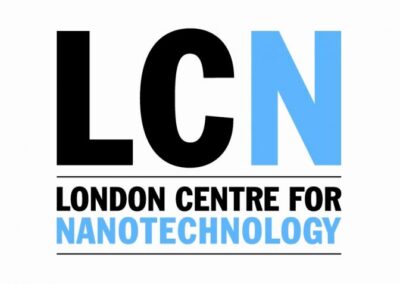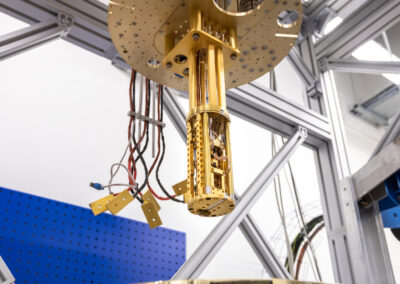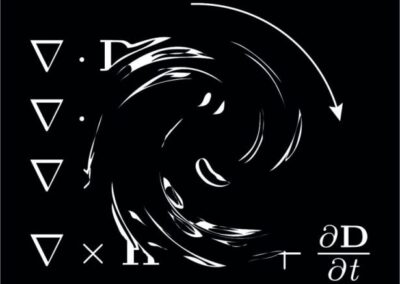Peter is Professor of Theory and Simulation of Materials, a post held jointly between the departments of Materials and Physics at Imperial. His research interests focus on the development of new methods for performing first-principles quantum-mechanical simulations and their application to materials science, nanotechnology and biological systems.
Peter’s work has mainly focussed on methods for large-scale simulations where the computational effort scales linearly with system-size. He is an author of the ONETEP code and was awarded the Maxwell Medal and Prize for Computational Physics by the Institute of Physics in 2010. He was elected to the Fellowship of the Royal Academy of Engineering in 2021.
Peter’s interests have more recently expanded to include methods for simulating molecules and materials on emerging quantum computers, and he is the PI of the EPSRC Materials for Quantum Network and Director of the Imperial Centre for Quantum Engineering, Science and Technology.



